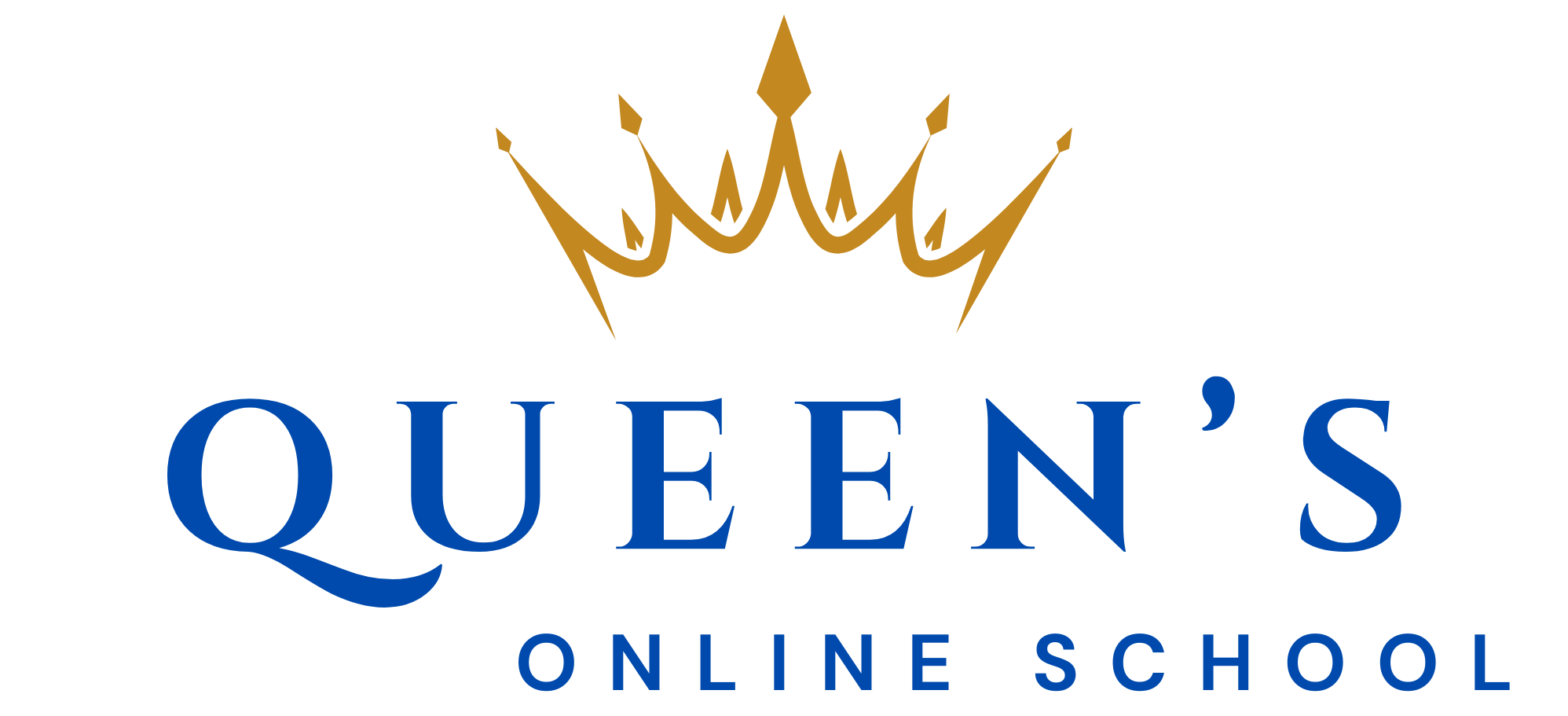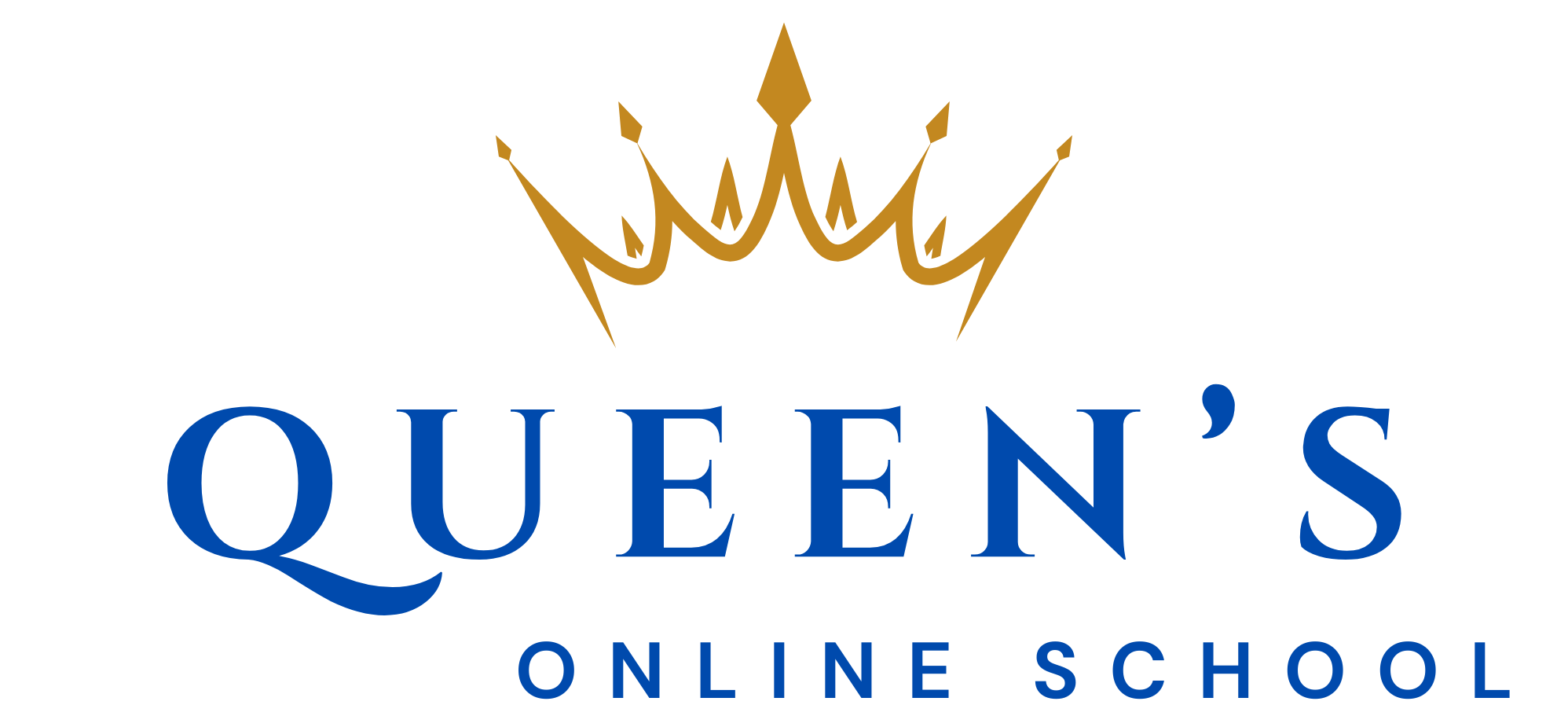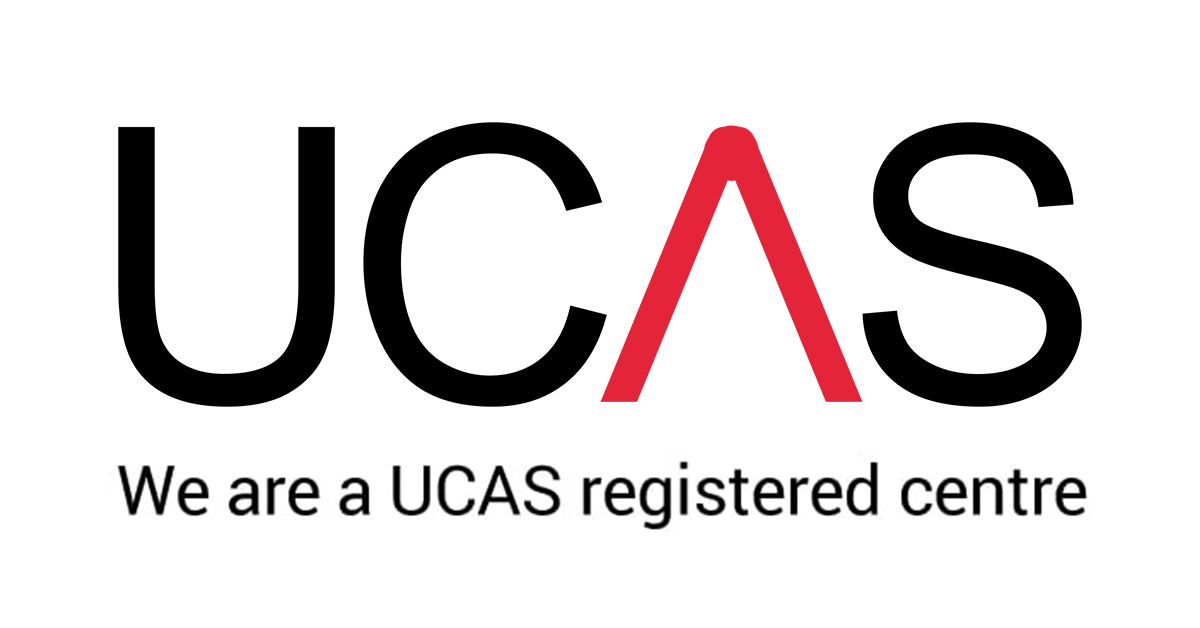Key Stage 3 - Film Studies
At Queen’s School, our Key Stage 3 Film Studies curriculum introduces students to the art of filmmaking, film analysis, and visual storytelling. This engaging programme encourages students to explore the techniques used in cinema, understand how films communicate meaning, and develop their own creative filmmaking skills.
Following a practical and theoretical approach, students will learn about film history, genre conventions, cinematography, editing, and narrative structure. Through hands-on projects, film screenings, and discussions, they will develop critical thinking, creative expression, and technical proficiency, preparing them for further studies in media, filmmaking, and visual arts. We use UK age related film certificate information for our film recommendations.
Assessment in Key Stage 3 Film Studies is skills-based and project-driven, allowing students to demonstrate both analytical and creative abilities. Evaluation methods include:
- Film analysis essays exploring narrative, cinematography, and genre conventions.
- Storyboard and scriptwriting exercises to develop storytelling skills.
- Short film production projects, including directing, editing, and cinematography.
- Group discussions and presentations on film themes and historical contexts.
- Practical editing tasks, using industry-standard software to enhance visual storytelling.
These assessments ensure students gain both critical film literacy and hands-on filmmaking experience.
Homework is set weekly to reinforce learning and encourage independent creativity. Tasks may include:
- Watching and analysing films, focusing on cinematography, lighting, and editing.
- Writing short scripts and developing character profiles.
- Researching film history, directors, and influential cinematic movements.
- Editing short clips using digital tools to practise pacing and visual storytelling.
- Creating storyboards and shot lists for upcoming film projects.
These assignments help students engage deeply with both the theory and practice of film.
Parents have 24/7 access to their child’s academic progress, including coursework grades, teacher feedback, and project evaluations. Regular progress reports and virtual consultations ensure students receive personalised guidance in their creative and analytical development.
While lessons provide all essential resources, students may benefit from additional reading and viewing. Recommended resources include:
- “The Filmmaker’s Handbook” (a practical guide to directing and cinematography).
- Screenplays of classic and contemporary films for script analysis.
- Film criticism and essays from Sight & Sound or Roger Ebert’s reviews.
Key Details
Course Outline
The Key Stage 3 Film Studies curriculum ensures students:
- Develop an understanding of cinematic storytelling and visual language.
- Learn to analyse film techniques, including cinematography, sound, and editing.
- Gain hands-on experience with storyboarding, directing, and film editing.
- Explore the history of film and major cinematic movements.
- Understand the cultural and social impact of cinema.
Key Topics Taught
- Introduction to Film Language: Cinematography, mise-en-scène, sound, and editing.
- Genre Studies: Exploring key genres such as action, horror, drama, and science fiction.
- Storytelling in Film: Narrative structures, character development, and visual storytelling.
- Practical Filmmaking: Planning, shooting, and editing short films.
- Film History & Influential Directors: Exploring silent cinema, Hollywood classics, and modern filmmaking.
- Representation in Film: Understanding diversity, stereotypes, and social themes in cinema.





